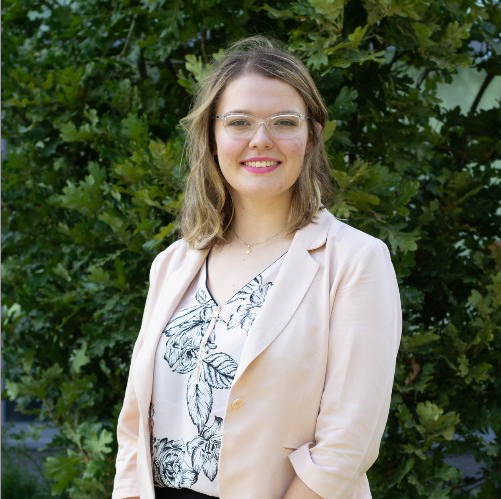
Heather White is a professor of animal and dairy sciences at UW–Madison and faculty advisor for the Dairy Innovation Hub. Her research program focuses on the health and nutrition of dairy cows during the transition period and is centered on hepatic and whole-animal nutrient partitioning and metabolism. White’s research strives to determine the mechanism of nutrient partitioning, feed efficiency, and metabolic health in order to provide science-based solutions and interventions to improve dairy cow health and productivity.
Post-doc (pictured above): Billy Brown received his Phd in Dairy Cattle Nutrition from Kansas State University where he broadly studied mechanisms of feed intake regulation, feeding behavior, and feed intake prediction modeling in lactating cows. Brown is mentored by Heather White from the department of Dairy Science.
Research suggests that Rumen protected choline (RPC) may positively affect offspring growth, health, and well-being. RPC is typically fed to gestating dairy cows for three weeks prepartum. In utero choline exposure is an intervention which aims to enhance tissue growth and performance in a growing fetus. Currently the optimal timing, duration, and dose of in utero choline exposure is unclear. The objective of this project is to evaluate the effects of in utero choline exposure on growth, feed efficiency, and Carcass quality in Angus x Holstein cattle.
Publication in Journal of Animal Science – June 2023







